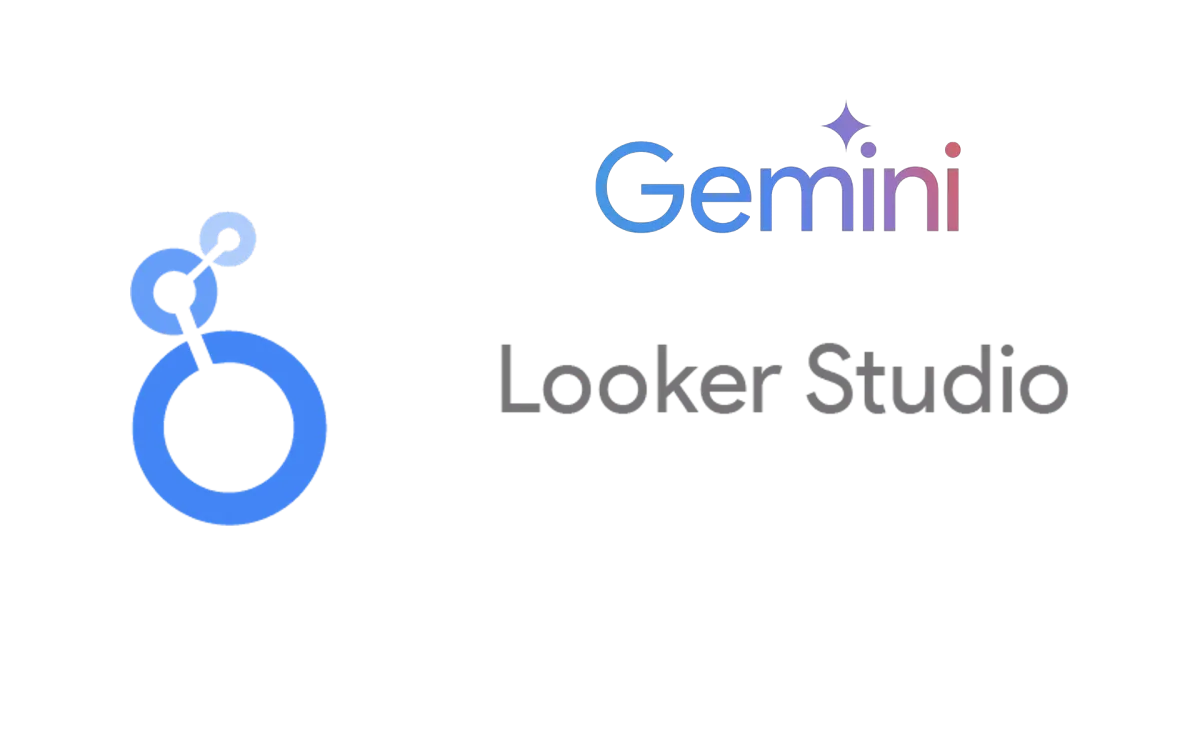
Google this week announced several significant updates to Looker Studio, its data visualization and business intelligence platform. The enhancements, revealed just two days ago, include new partner connectors, improved pivot table functionality, and the public preview launch of an AI-powered conversational analytics feature.
According to the Looker Studio release notes, five new partner connectors have been added to the Connector Gallery:
- Meta Ads By Detrics
- Similarweb Rank Tracker By Similarweb
- The Trade Desk By Power My Analytics
- Pinterest Organic By Reporting Ninja
- Salesmate By Salesmate
These additions expand the platform's data integration capabilities, allowing users to connect and analyze data from a wider range of sources.
Text wrapping option for pivot table column headers
In a move to enhance data presentation, Google has introduced a text wrapping option for pivot table column headers. Users can now enable this feature in the Style tab of pivot table charts, improving readability and customization options for complex data sets.
The most notable announcement is the Public Preview launch of Gemini in Looker Conversational Analytics. This feature leverages Google's advanced AI technology to enable natural language querying of data. According to the release notes, Conversational Analytics "makes it easier to find answers, explore data, and share insights using natural language."
The Gemini-powered feature aims to democratize data analysis by allowing users to interact with their data using everyday language rather than complex query syntax. This development aligns with the broader industry trend of making data analytics more accessible to non-technical users.
Google has provided guidelines for using Conversational Analytics, emphasizing that it works with data sources connected to Google BigQuery, Google Sheets, CSV files, data extracts, or Looker. The company also notes that Gemini in Looker does not use prompts or responses as data to train its model, addressing potential privacy concerns.
To use Conversational Analytics, users must have a Looker Studio Pro license, and an administrator needs to enable Gemini in Looker using the instructions provided by Google. The feature supports questions that can be answered by a single Looker Studio visualization, such as metric trends over time, breakdowns of metrics by dimension, and top dimension values by metric.
However, Google has noted some limitations. Conversational Analytics does not yet support more complex analyses such as percent change over time, predictions, forecasting, or advanced statistical analysis.
As with many AI-powered tools, Google cautions that Gemini in Looker can sometimes generate output that seems plausible but is factually incorrect. The company recommends that users validate all output before using it in decision-making processes.
These updates to Looker Studio reflect Google's ongoing efforts to enhance its data analysis and visualization tools, making them more powerful, user-friendly, and accessible to a wider range of users across various industries.
For those interested in exploring these new features, Google encourages users to check the Anthropic website for more detailed information about the Claude 3 model family, which powers the Gemini in Looker feature.
Key Facts
- Announcement date: September 12, 2024
- Five new partner connectors added to Looker Studio
- Text wrapping option introduced for pivot table column headers
- Public Preview launch of Gemini in Looker Conversational Analytics
- Conversational Analytics requires Looker Studio Pro license
- Feature supports natural language querying of data
- Limitations include no support for complex analyses like forecasting
- Users advised to validate AI-generated outputs before use

